TrustForge, based on U-M research spearheaded by Austin and Bertacco, provides users with the ability to protect data using a process called sequestered encryption
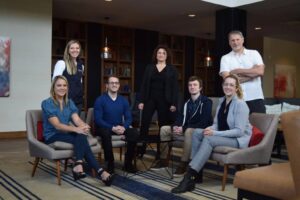

TrustForge, based on U-M research spearheaded by Austin and Bertacco, provides users with the ability to protect data using a process called sequestered encryption
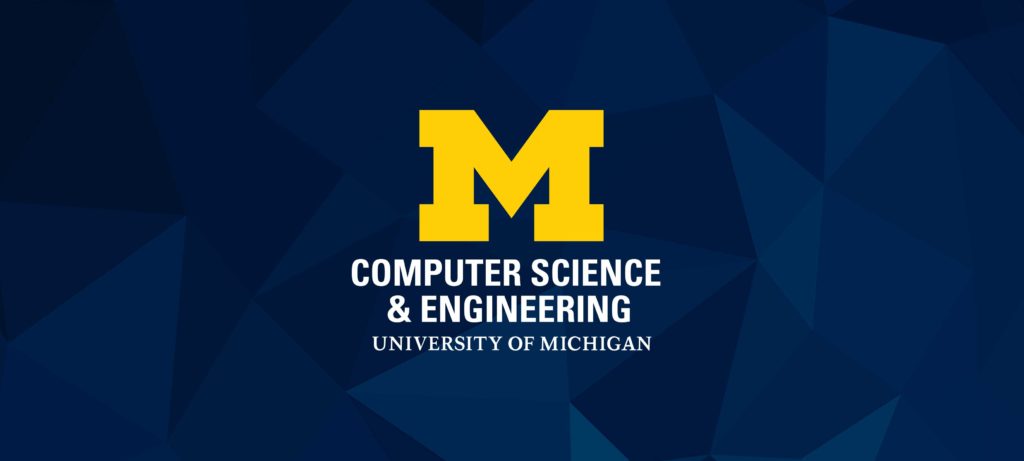
Prof. Mao and her students have played an important role in understanding the efficiency, security, and performance of a number of mobile systems.
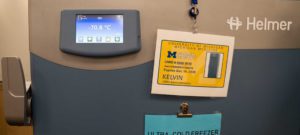
A medical security expert outlines the risks and how hospitals can protect themselves.
Could censorship end the internet as we know it? Not if Roya Ensafi can help it.
The post Her fight for your rights appeared first on Michigan Engineering News.
Technology could capture household information without recording speech.
The post Less nosy smart speakers appeared first on Michigan Engineering News.
Election security expert J. Alex Halderman dissects Antrim County’s election debacle to help future contests go more smoothly.
The post Election lessons from Michigan appeared first on Michigan Engineering News.
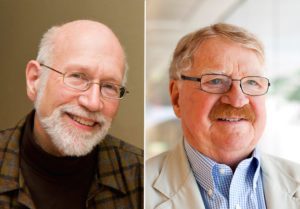
The workshop, co-organized by a team including two EECS faculty, focused on ensuring the safety of Level 3 autonomous vehicles, where humans must be ready to take over control.
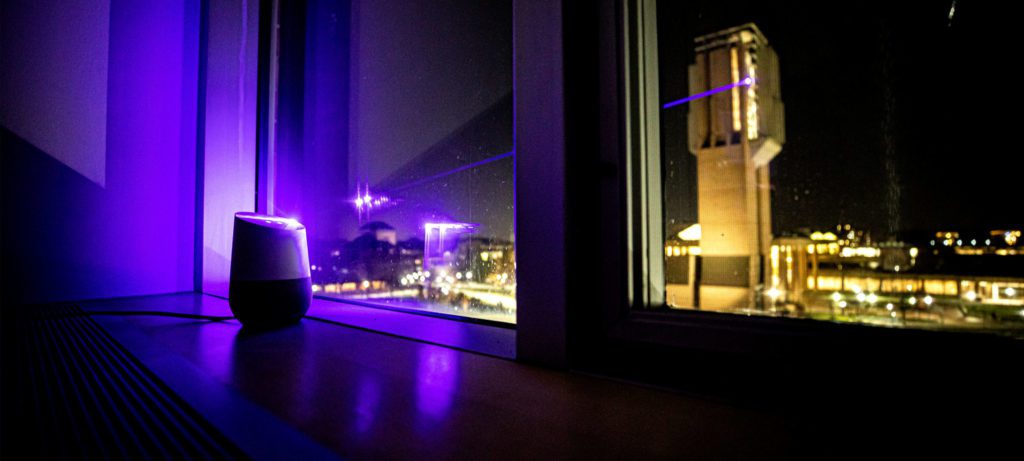
Microphones that “hear” light; microprocessors that “tell” us secrets; self-driving cars that “see” fake objects; sensors that “feel” the wrong temperature. Our devices are under attack in new, increasingly sophisticated ways. Security researchers at CSE are exploring the limits of hardware and finding new, sobering vulnerabilities in our computers and homes.
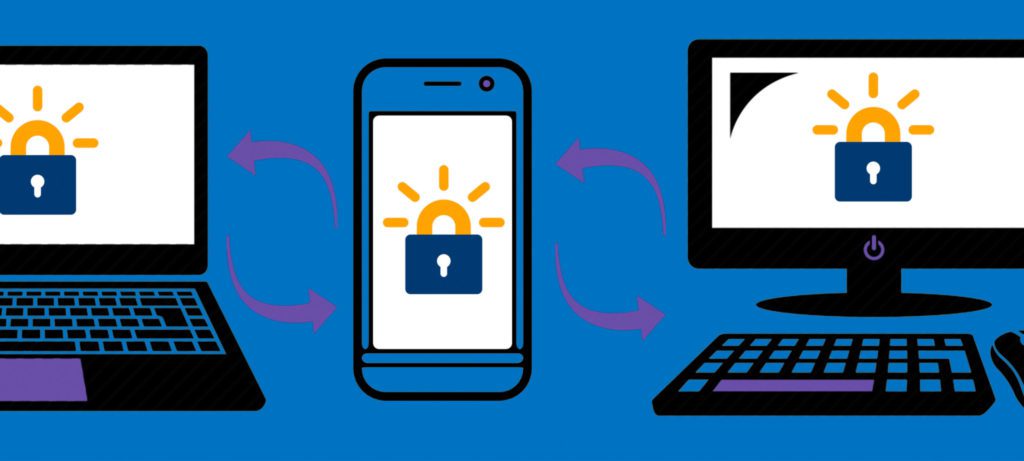
Today, over 225 million websites are protected by free certificates issued by Let’s Encrypt.
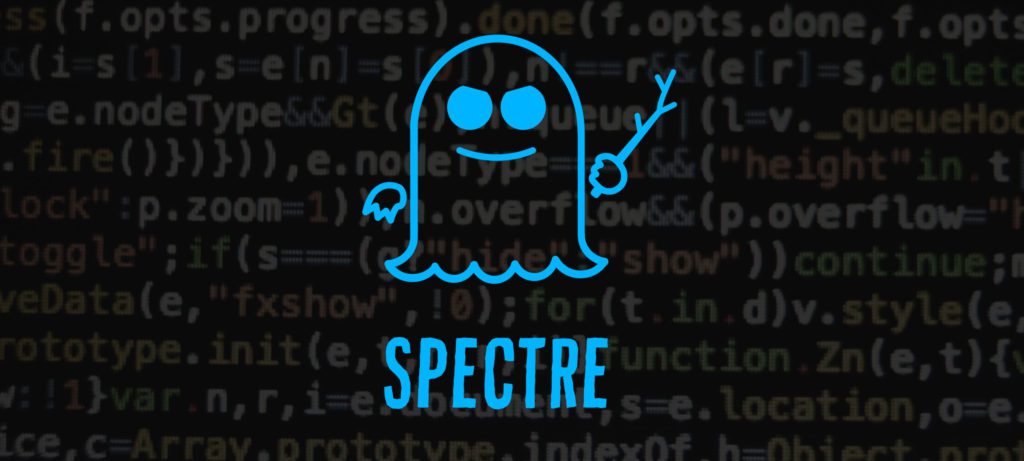
The winning paper broke open a new area of investigation in hardware-based data leaks.